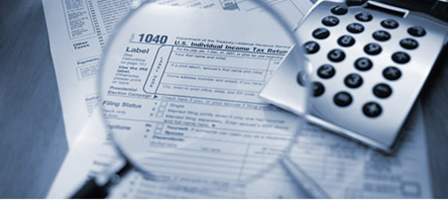DEDUCTING STARTUP COSTS FOR YOUR NEW BUSINESS AT TAX TIME
Before you earn your first dollar, before you are even open for business, your startup can incur considerable expenses. The money you spend opening your business can often be deducted; the IRS allows you to deduct many of these one-time startup costs. Speaking with an accountant in the early stages can help you decide which of these deductions to take – and may also help you discover additional ways to save money as you operate your new startup. There are several types of startup costs that may be deductible for your new business.
Preparing your business
The costs associated with training employees, hiring consultants, early advertising and marketing to generate interest, and even the costs associated with sourcing suppliers and locations can all be deducted. If you have to hire and train employees to work in your business, but are not yet open to customers, then you can usually deduct these costs at tax time. If you are researching the feasibility of a business, testing the market, creating prototypes or analyzing production costs, these expenditures are generally deductible as well for your startup. These costs count only if you actually begin a business.
If you research or dabble and then change your mind, you usually cannot deduct these costs.
Organizational costs
If you are incorporating, setting up a partnership or incurring expenses as you legally set up your new business, you can likely deduct these costs as well. Incorporation fees, legal fees, accounting fees and filing fees can often be deducted from your first year costs but may also be amortized over the lifetime of your business. An accounting professional can help you learn more about your options and discover which method is best for your particular circumstances.
What about equipment costs?
From kitchen appliances to office equipment and even machinery, you’ll likely have to spend some cash to get up and running, but your equipment purchases are not deductible as part of your startup and cannot be deducted until actually placed in business service (use). Thus the equipment you buy to use when your business becomes operational is not included in the startup costs by the IRS; these items are generally considered assets, and must be capitalized and depreciated or written off in the first year using the Sec 179 expense deduction.
How much of your startup costs can be deducted?
While the IRS does allow you to deduct some startup costs, there are limits to what you can deduct in your first year. For most entrepreneurs with startup costs of $50,000 or less, up to $5,000 in startup costs and $5,000 of organizational expenses can be deducted in the first year. Each of the $5,000 amounts is reduced by the amount by which the total start-up expense or organizational expense exceeds $50,000. Startups with more than $55,000 in costs won’t be able to claim either $5,000 deduction in the first year. Start-up and organizational expenses not deductible in the first year of the business must be amortized over 15 years.
A professional familiar with startups can help you determine which of your costs can be deducted and help you find the right path for your new business. The decisions you make as you start your business will have a long-term impact on your operating costs and bottom line for years to come; choose wisely at the outset for the best possible start for your new company.








Leave a Reply
Want to join the discussion?Feel free to contribute!